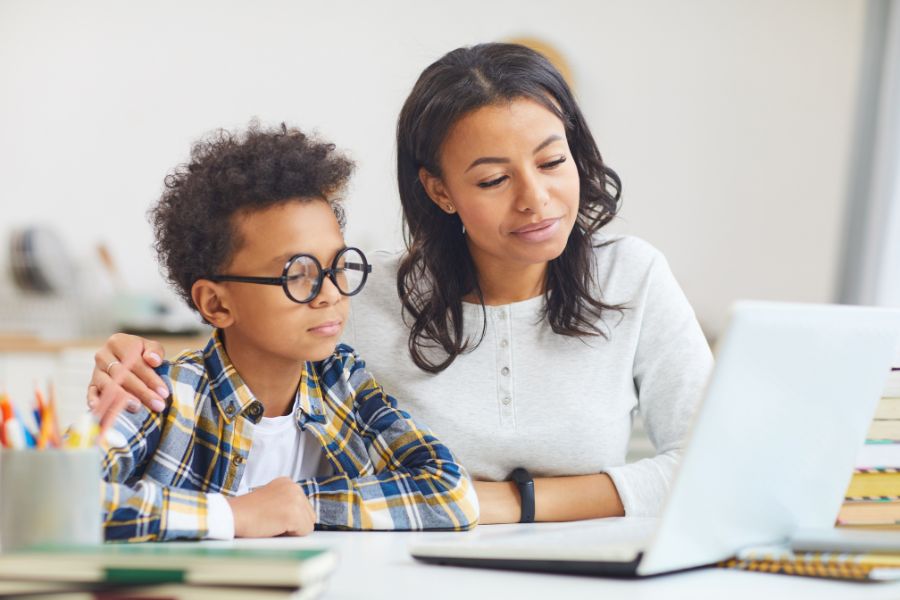Working moms lead the way when it comes to learning on the job. Raising kids while juggling job responsibilities requires all parents to be quick studies in both parenting and professionalism.

The act of doing something, rather than merely reading about it, makes the information absorbed through experience more memorable. This can happen through “muscle memory” from physical activity, or by associating an action with a result.
Experience also helps organize information into useful categories, making it easier to build upon prior experience to interpret new information.
It’s important for parents to put away the flashcards and introduce kids to learning by doing.
Here are 3 reasons experiential learning is important for your child.
Encourages Creativity and Bolsters Independence
Ideally, experiential learning is unstructured. Parents or teachers may set a task, like “make something out of this clay,” “act out a story,” “make up a song,” or “sort these blocks into these buckets.” Kids are left to figure out how they want to do the task and what results they want to achieve.
Related: 5 Ways To Celebrate Your Child’s Creativity
Enhances Problem-Solving and Learning From Mistakes
Every mistake is a learning opportunity. When the tower of blocks falls down, kids learn how high they can build their blocks without causing a collapse. Allowed to play without parental interference, rules, or time limits, kids learn that fluffy snow doesn’t make good snowballs, and underinflated balls won’t bounce. Then they have to figure out what to do about it: learn how to inflate the ball and figure out something else fun to do with fluffy snow.
Kids with sensory integration problems, including those on the autism spectrum, need experiential learning even more than neurotypical children. Sensory play aids in problem-solving skills by helping kids with overconnected brains as well as typical kids learn how to process sensory information about their environment and their physical selves.
Related: Struggling With Concentration Problems? Here Are Some Useful Tips
Boosts Collaborative Skills
Experiential learning involves teamwork. If kids decide to put on a play, they have to work together to decide who will play what part, how to make costumes, and what to use for props. Everyone has input, and all must engage in compromise and collaboration to make the performance work—even if the result is more of a Charlie Brown dance party than a structured performance.
Related: Team sports that make exercise fun
Experiential learning is important for all children. It turns uncut pizzas into practical math lessons in division. It makes a trip to the beach a lesson in geology and bath time an illustration of water displacement, volume, and buoyancy. The educational role for adults is to create a safe environment for experiences to happen organically and to be there for safety, but to step back and observe without imposing rules, offering suggestions, or commenting on the quality of the results. The creativity and inventive problem-solving kids display when given the chance will confirm the value of learning by doing.
Related Posts:
- 6 Fun Seaside Adventures You Can Experience With Your Family
- Take A Look At These Incredible Caribbean Beaches
- Where To Locate Beach Equipment Rentals In Maui
- A List of Famous Family-Friendly Destinations for a Diving Holiday
- Going to Hawaii? Here are the Places You Need to Visit
- 6 Reasons Why Paddle Boarding Is A Great Activity For Kids